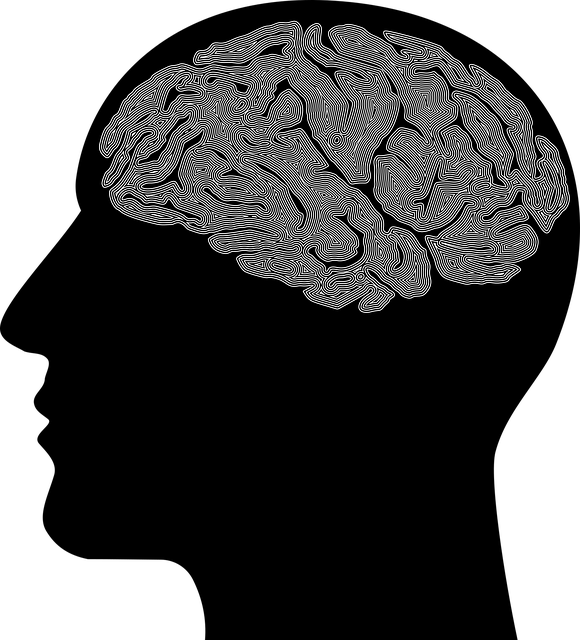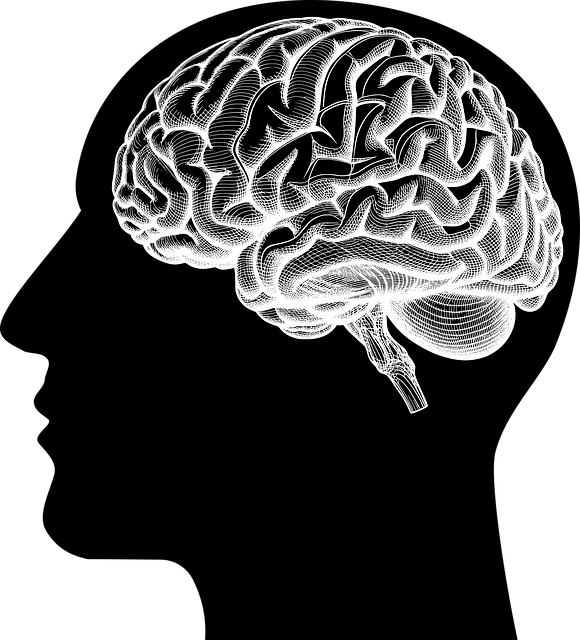Mental illness misdiagnosis is a critical issue in healthcare, causing delayed treatment and negative outcomes. Studies show initial assessments often fail to accurately reflect patients' conditions, especially in complex cases. This problem leads to inappropriate treatments like Parker Dialectical Behavioral Therapy (DBT), which may not suit individual needs. To address this, mental health professionals should incorporate practices such as mindfulness meditation and self-care into their risk management planning to reduce misdiagnosis rates. Parker DBT, an evidence-based approach combining cognitive-behavioral therapy with mindfulness, has proven effective in diagnosing and treating conditions like borderline personality disorder, depression, and anxiety. By improving diagnostic precision and patient outcomes, this patient-centered therapy aligns with current trends in mental wellness.
Mental illness diagnosis accuracy is a critical aspect of patient care, yet misdiagnosis rates remain alarmingly high. This article explores efforts to improve diagnostic precision, focusing on the impact of misdiagnoses and presenting innovative solutions. We delve into the effectiveness of Dialectical Behavioral Therapy (DBT) as a tool for enhancing accuracy, specifically examining its benefits in Parker’s context. Additionally, we discuss evidence-based practices and patient-centered approaches that empower individuals in navigating the diagnostic process.
- Understanding the Challenge: Misdiagnosis Rates and Their Impact
- The Role of Dialectical Behavioral Therapy (DBT) in Enhancing Accuracy
- Implementing Evidence-Based Practices for Improved Diagnosis
- Patient-Centered Approaches: Empowering Individuals in the Diagnostic Process
Understanding the Challenge: Misdiagnosis Rates and Their Impact

Mental illness misdiagnosis is a significant challenge within the healthcare system, often leading to delayed treatment and adverse outcomes. Studies indicate that a substantial percentage of patients struggle with inaccurate initial assessments, particularly in complex cases where symptoms overlap between various disorders. This issue profoundly impacts individuals’ lives, causing unnecessary suffering and hindering their access to appropriate care.
The consequences of misdiagnosis are far-reaching. Inaccurate diagnoses can result in inappropriate treatment plans, including unnecessary medication or therapies, such as Parker Dialectical Behavioral Therapy (DBT), which may not address the patient’s actual needs. Furthermore, it creates a burden on both patients and mental health professionals, leading to increased stress and potential ethical dilemmas. Effective risk management planning for mental health professionals, incorporating practices like mindfulness meditation and self-care, is crucial in minimizing misdiagnosis rates and ensuring better patient outcomes.
The Role of Dialectical Behavioral Therapy (DBT) in Enhancing Accuracy

Dialectical Behavioral Therapy (DBT), pioneered by Dr. Marsha Linehan, has emerged as a powerful tool in the quest for improving mental illness diagnosis accuracy. DBT is a form of cognitive-behavioral therapy that goes beyond traditional talk therapy by incorporating mindfulness exercises and conflict resolution techniques. It focuses on teaching individuals effective coping skills to manage intense emotions, improve interpersonal relationships, and enhance overall well-being. By providing patients with practical tools to navigate emotional challenges, DBT helps reduce symptoms of various mental health disorders, including borderline personality disorder, depression, and anxiety.
The Parker Dialectical Behavioral Therapy (DBT) approach has been particularly influential in this regard. This tailored version of DBT emphasizes the development of public awareness campaigns and community outreach program implementations to destigmatize mental illness. By educating the public about the nuances of various disorders and promoting early intervention, DBT facilitates more accurate diagnoses. Additionally, the integration of conflict resolution techniques within DBT encourages open communication between patients, healthcare providers, and support systems, further enhancing diagnostic precision and overall treatment outcomes.
Implementing Evidence-Based Practices for Improved Diagnosis

Implementing evidence-based practices is a pivotal strategy to enhance the accuracy and reliability of mental illness diagnoses. One such effective approach is Parker Dialectical Behavioral Therapy (DBT), which has gained recognition for its ability to improve diagnostic precision, especially in complex cases. DBT focuses on fostering self-awareness exercises that encourage individuals to better understand their emotions and behaviors. This increased introspection aids healthcare providers in making more informed decisions by providing a nuanced view of the patient’s psychological state.
Moreover, integrating Self-Awareness Exercises into diagnostic routines can help uncover underlying factors contributing to mental health symptoms. Healthcare Provider Cultural Competency Training is another critical component that ensures professionals are equipped to recognize and appreciate the diverse ways individuals express distress across different cultural backgrounds. This training enhances emotional regulation skills among healthcare providers, enabling them to interpret behaviors accurately and consider alternative explanations based on cultural contexts.
Patient-Centered Approaches: Empowering Individuals in the Diagnostic Process

In recent years, there’s been a growing emphasis on patient-centered approaches to improve mental illness diagnosis accuracy. This shift empowers individuals, fostering active participation in their treatment journeys. One such evidence-based therapy gaining traction is Parker Dialectical Behavioral Therapy (DBT), which combines cognitive-behavioral techniques with mindfulness practices to enhance coping skills and emotional regulation. By teaching individuals to balance acceptance and change, DBT equips them to navigate challenging situations more effectively.
This patient-centric approach aligns with the broader trend in mental wellness, seen in popular Mental Wellness Podcast Series Productions and Community Outreach Program Implementations. It also incorporates compassion cultivation practices, encouraging empathy and understanding both within the individual and towards others. This holistic perspective not only improves diagnostic accuracy but also fosters a deeper commitment to mental wellness, promoting long-term recovery and improved quality of life.
Mental illness diagnosis accuracy is a multifaceted challenge that can be significantly improved through integrated approaches. By combining evidence-based practices with patient-centered strategies, such as those offered by Parker Dialectical Behavioral Therapy (DBT), healthcare professionals can enhance diagnostic reliability and patient outcomes. The focus on understanding misdiagnosis rates and their impact, alongside the adoption of effective treatment modalities, ensures that individuals receive accurate evaluations and tailored care. This comprehensive approach fosters a more inclusive and compassionate mental health landscape, ultimately improving quality of life for those navigating their journeys with mental illness.












